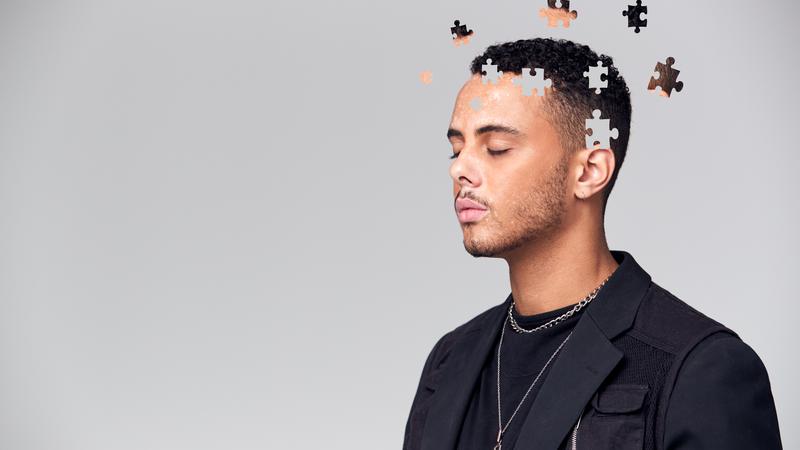
HUNTER: Mental health is human health
MAY 1-TO-7, 2023 MARKS Mental Health Week in Canada. This year’s theme is #mystory, which is aimed at encouraging people to share their mental health experiences because, after all, mental health is part of our overall health.
“Storytelling is a fundamental part of being human. Stories help build connections and strong communities. Storytelling, in all its forms, supports mental health and reduces stigma,” states the Canadian Mental Health Association’s website.
This statement is true, and also brings with it a question as to why the stigma around mental health persists — even after the shared trauma of the pandemic. What needs to happen for mental wellness to be considered an integrated part of our overall health journey?
The fact resources around mental health-related supports are not covered as part of our universal health care only perpetuates this disparity. Unequal access to these resources creates a tiered system where those who have access to support have a better chance and opportunity to receive the care they need and successfully navigate mental health challenges – either acute or chronic. Unsupported, mental health and mental illness can create barriers to people being able to live productive and fulfilling lives.


